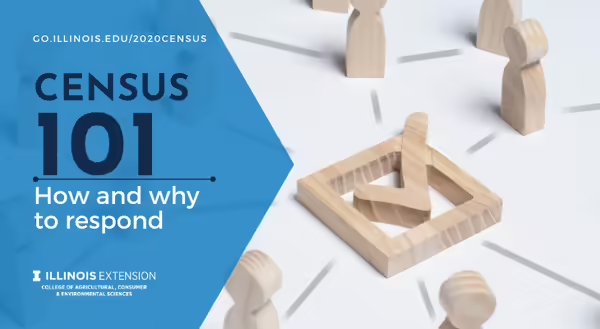
The 2020 Census
This blog post is the first in a series that will highlight the U.S. Census 2020. Participating in the U.S. Census is critically important for several reasons that will be addressed in this series. Key things to remember regarding the Census include:
Census data are important. The U.S. Constitution requires a census every 10 years. The results are used to determine the number of seats each state has in Congress, draw boundaries for voting districts, and determine how more than $675 billion in federal funding is spent in communities each year.
Everyone counts. The goal of the census is to count every living person in the U.S. once, only once, and in the right place. We need your help to make sure everyone in your community gets counted.
Taking part is your civic duty. Completing the census is required; it is a way to participate in our democracy and say “I count!”
Your information is confidential. Federal law protects your responses. Your answers can only be used to produce statistics and cannot be used against you by any government agency or court.
Responding to the 2020 Census
The 2020 Census asks a few simple questions about you and everyone who was living with you on April 1, 2020. To respond to the Census, you can mail back the paper questionnaire sent to your home. You can also respond by phone by calling 844-330-2020 (English) or 844-468-2020 (Spanish). For the first time, you can also complete your census online at my2020census.gov using your smart phone, tablet, laptop, or desktop computer.
Even if you did not receive an invitation to respond from the Census Bureau, you can still respond online without your Census ID. Visit the online form and select “Start Questionnaire.” Below the ID field, choose the link that says, “If you do not have a Census ID, click here.” You may also visit the 2020 Census Contact Us page to call the phone line to respond.
It is not too late to complete your 2020 Census. It only takes a few minutes to shape the future.
The content for this post was contributed by Susan Odum and Zach Kennedy, Extension Specialists in Community and Economic Development.
This project is funded by the Illinois Department of Human Services in partnership with the Illinois Department of Agriculture.